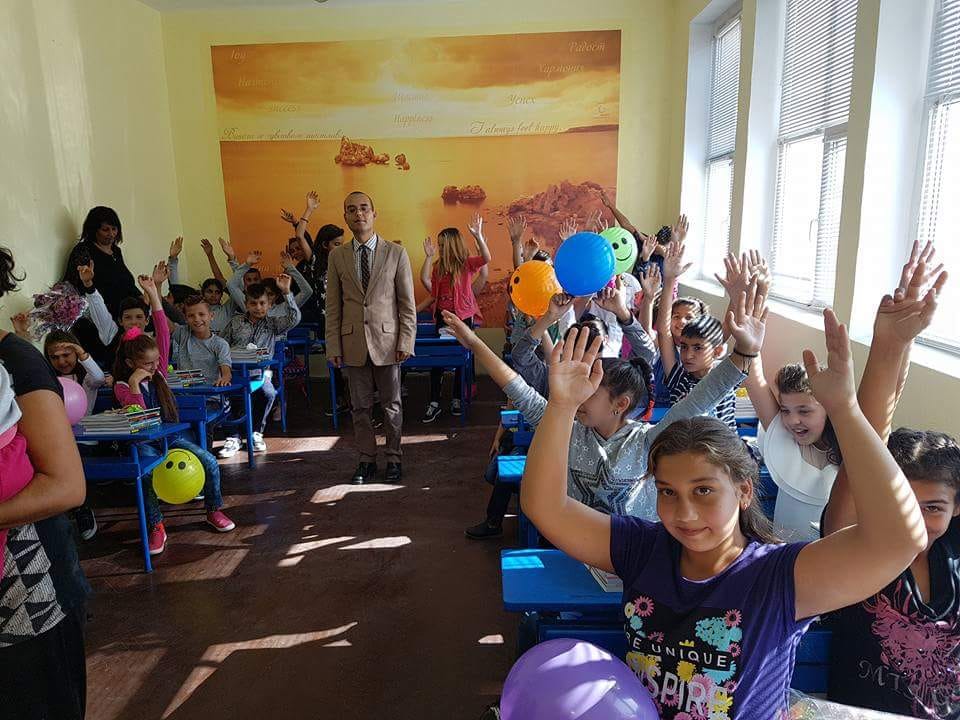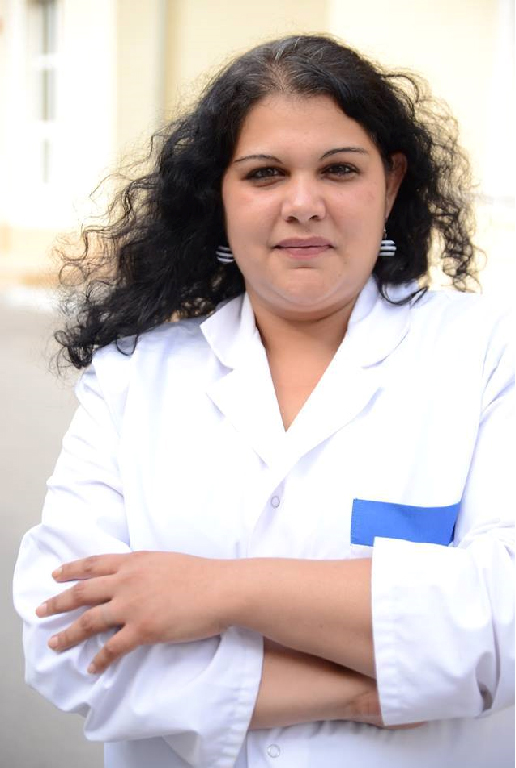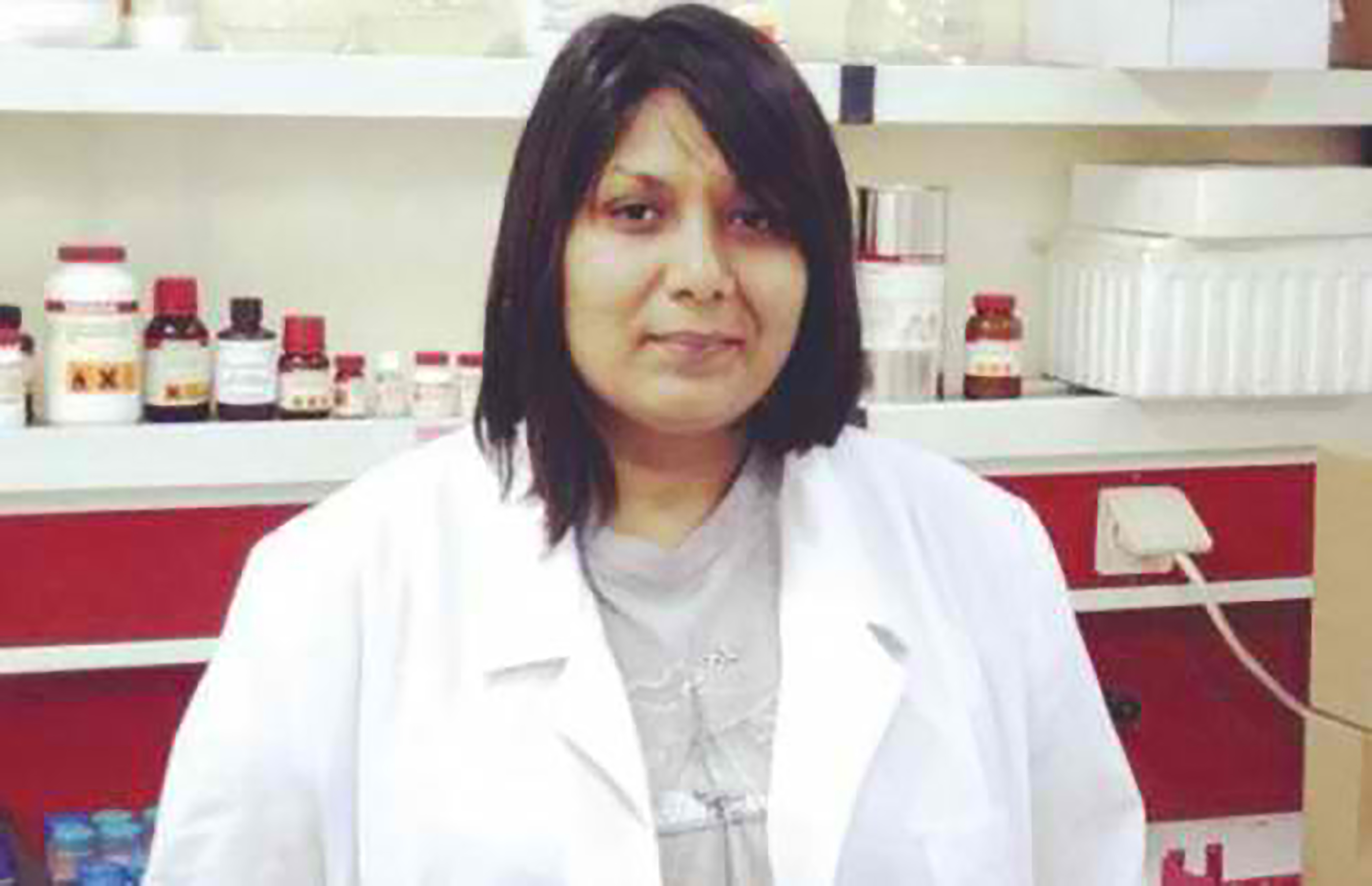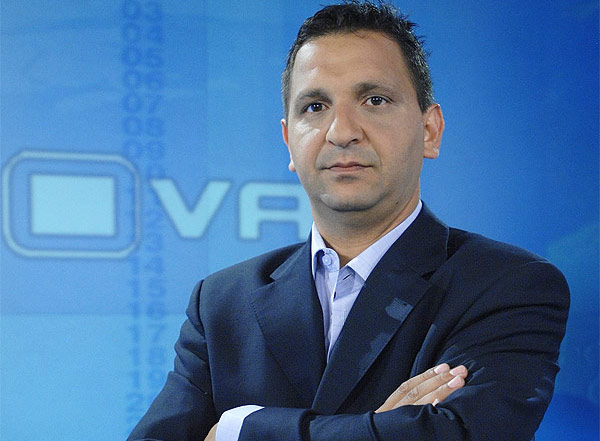RARE - Role Models from Bulgaria
07-05-2018
RARE (Roma as a Human Resource) aims to change this situation and encourage partnerships between institutions, governments and organizations to provide access to the labor market and to harness the economic potential of the Roma people. The RARE partners are developing and testing new models of innovative intervention for economic and social inclusion.
In the framework of RARE project we introduce you firstly our heroes from Bulgaria.

"A Contemporary Tale of the Power of the Children's Dream ..."
We humans have grown up with tales and magic stories telling brave people struggling with the hardships and evil that "cross over from nine mountains to tenth" to achieve what they deserve and dreadfully dream ... Simple these lyrical heroes are invented, but the story I'm going to tell is different because the lyrical hero is not invented, and any coincidence with reality is not accidental ...
And so ... Once upon a time a little boy named Anatoli Georgiev, who lived in the small beautiful town of Vulchedrum, Bulgaria. He was a good student, he liked school lessons, but from all of them he loved the English lessons. Every school hour, he admired his English teacher and secretly dreamed in his heart one day to be like her - to help the children, to inspire them, to support them, to show them the beautiful world of opportunities that will be opened in front of them, if they learn the "language of the world".
After several years, the little boy grew up, his path went to a technical high school because his parents wanted it so much, but after graduating from high school, he decided he would not go to a technical university, but would follow his heart and continue into “English Philology ". And so he did ... On his way he encountered many difficulties, deprivation, problems and misunderstanding, but that did not make him give up his dream. All this motivated him to move forward and just follow his heart ... But to follow your heart, it is not always easy ...
And here he is today ... A happy English teacher who enters his class every day not because he just has to work, but because he realizes that this is his way and his inspiration. Every day he sees respect and gratitude in the eyes of his students. Each day, every lesson, he gives his heart, his inspiration, his knowledge and skills to help his students realize that classroom classes are not just forty minutes of boring grammar, lexicon, reading, writing, listening and talking, but to realize that these are precious moments, which are a rehearsal for their future life and realization!
Children today need young teachers to support them, to understand them, to inspire them, to teach them to fight for their dreams, to change their minds and ideas about the school ... Children today need to see in all us, the young teachers your hero! But not just the lyrical of fairy tales, but this one - the real one! "Children do not learn from people they do not like," said Mrs. Rita Pearson, who has been a long-time teacher in America. And she is right!
Each of us can be the real hero in each child's "tale" because the teaching profession changes the fates and is the basis of all other professions.
“I am a happy teacher and every day of my life I am grateful for having the privilege of building the future, changing fates, and being an inspiration for the children and young people around me! I am grateful that I am fortunate to be a good character in the everyday life of my pupil! I am happy to have followed a childhood dream that has given me the power to become a valuable citizen of the world!
"To be or not to be ... That's the question!" I chose to be! I chose the path and the profession that dictated my heart and I do not regret my choice for a moment!”

Dimitrinka Borissova is a nurse. For many years she used to work as a health mediator while once she decided to continue her study and graduate university as well.
Tell us about yourself, where did you grow up, what difficulties did you encounter in the process of education?
- I grew up in the village of Medkovets and there I finished my high school education. Then I worked as a health mediator and in the Social Assistance Directorate as a social consultant. I have a lot of experience as a health mediator - almost 5 years of experience. I have worked in the Roma community and not only there but also with every person who needs help.
- While you were at school, did you have any problems there?
- The school where I studied was mixed. I wasn’t in a segregated school, in the so-called Gypsy schools. In my class we had Bulgarian children and children of Roma origin. The interesting thing at that time was that people were not so divided. So at that point I had no problems with my Bulgarian classmates and generally I did not encounter any problems of this kind at school.
- Why did you choose to be a mediator? What made you go for this?
- I work in the field of social care. There, one part of the population is mostly of Roma origin. People come for social assistance benefits given under Art.9 of the Social assistance law. I had one year of service, I had sone experience. Then I was invited for an interview and I decided to try, although this profession was not developed, it was not a government policy but only an idea, a project in which few people believed. We are the people who performed field work and we were those who believed in it. We worked without offices, without any working conditions. We went through Roma neighborhoods, we measured the blood pressure of the people and we organized prophylactic medical exams.
- Tell me about a memorable event that stands out in your memory?
- When I visit a family and I see that some of the children are not at school. In our area there are not many families like that but there are some. It cannot make you stay indifferent, although it is none of your obligations. You cannot stay indifferent. It’s always shocked me. I always talk to parents. I seek ways and possibilities for such children to return to school. I have also received many alerts from school that children do not attend classes. I turn to their families, asking why. This has always touched me. Also, when it comes to sick people who have no access to health care and who cannot afford simple access to a health professional, not to mention highly specialized medical care and expensive medical tests. The system is organized in a way that leaves them in a vicious circle. Once I visited a baby who was not even 40 days old, it was registered but it had health problems and did not eat. As I walked inside, the conditions were very bad, though it was the least I could notice. This child was left without care, it looked so bad, it was very weak and it needed constant medical supervision and monitoring. Then I had to call the GP and inform the social services. We called the emergency and I had to convince that woman that the child should be taken to the hospital, otherwise it would not survive.

Pepa Karadzova is a Roma doctor from Knezha who has recently graduated from medicine. At present she works as a doctor at the Military Hospital in Sofia and has just gone to her first mission in Africa
- How did you decide to study medicine?
-It may sound strange but I always knew that I will study medicine, perhaps from forth grade in school. I remember an incident, when I was small, my brother and I were playing Musketeers and then I injured my hand by cutting. We went to the hospital to get help for my hand and from there I took a syringe to play with, I always knew I wanted to study medicine. I am grateful that my parents have always supported me. I’m not like most students who attended preparatory courses (organized by the Open Society) in order to be accepted in the specialty of medicine. My parents paid for private lessons, so I prepared to be enrolled in the specialty of medicine, and then they encouraged me to study and not to stop my progress, to learn new languages or to attend courses. They always told me that education is the most important, perhaps because my mom has only primary education and my father has secondary education. Probably because no one from the family continued their education, so I am their hope.
- How do you think you can contribute to the integration of Roma?
- I can say that we have no problems with the integration of Roma in the town of Knezha. Most of my Roma peers whom I know are currently students although there are some of them who are married and have children but they are less. The problem is that they choose fields such as tourism or economy and then it is difficult to find self-realization. But we have another neighborhood in the town where there is a problem with early marriages. I personally want to give a good example to young people around me in my town to follow their dreams for self-realization, which will only happen through education.
- Do you have a dream and what is it?
- Yes, I have a dream. In the first place I dream of specializing in the field of internal medicine and becoming one of the best doctors in this field. One day I want when people hear about a doctor in internal medicine to think of me as a good specialist. I also dream that the wind of change comes in our community and that after 20 years we do not have to talk about integration and education of Roma!

Raycho Chaprazov is one of the first Roma camera man who used to work for one of the biggest national television
I received my first camera when I was in the 8th grade. My father brought it to me on his return from Russia. The pleasure of seeing what appeared on the white paper was unbelievable. I used this camera so often and made so many pictures that "I broke it from work" as we say. I was without a camera, but I already knew what I wanted to do - to shoot and tell my stories. After a while I met one of the best Bulgarian cinematographers Jacek Todorov and one of the most famous documentalist and anthropologists in the world - Assen Ballixi. Ten Roma young people learned from them to work with photographic and video equipment. It was only a month that we had to learn how to use the technic and to know things that were taught for 5 years at the university. "Appetite comes with eating." By publishing my first photos in local and national media, with the first documentary awards, exhibitions, the willingness to work has been increasing every day. Only a year after my meeting with these people I was at university and started my study of what I wanted most – cinematography. I possessed everything a student could want - a photo camera, a video camera, and people to teach him. I had forgotten about the first strip camera, I enjoyed the digital equipment. I also made the first solo exhibition "Roma portraits". In 2007, together with a colleague of mine we made a photo exhibition - "It's about the Roma." It features a movie with the same title. The professional realization was not too late - work in the national media. I worked as a reporter, but my experience behind the camera made me calm in front of it. I was telling my stories. Now I'm preparing the third photo exhibition.
